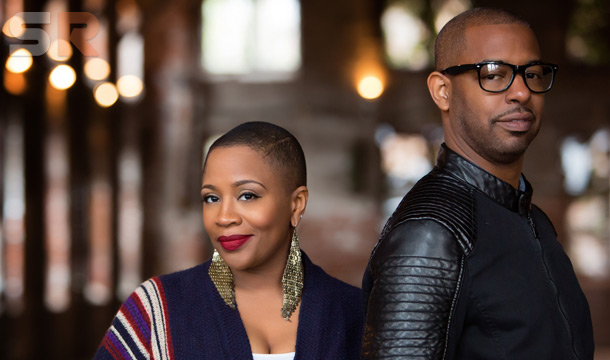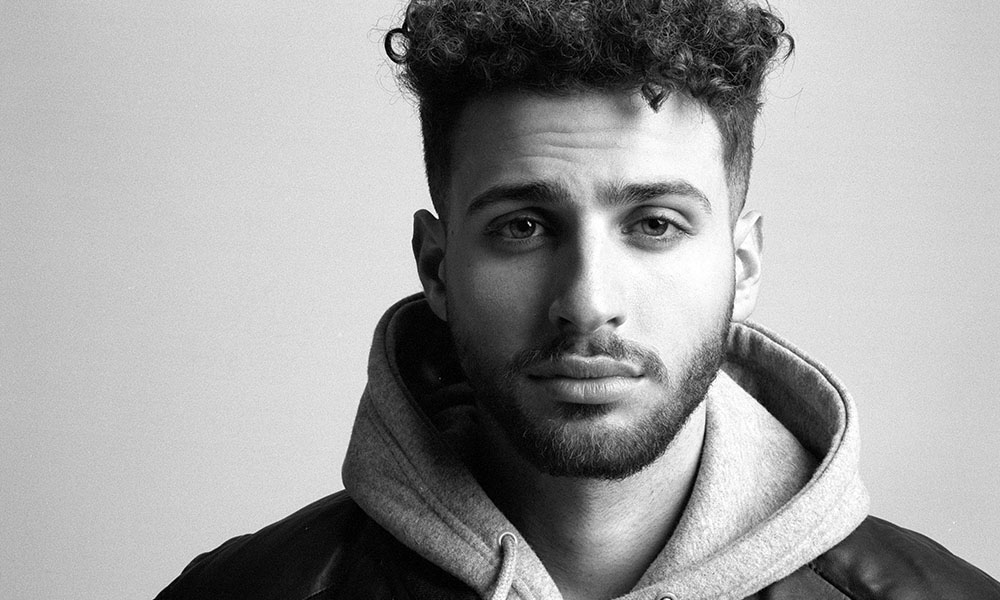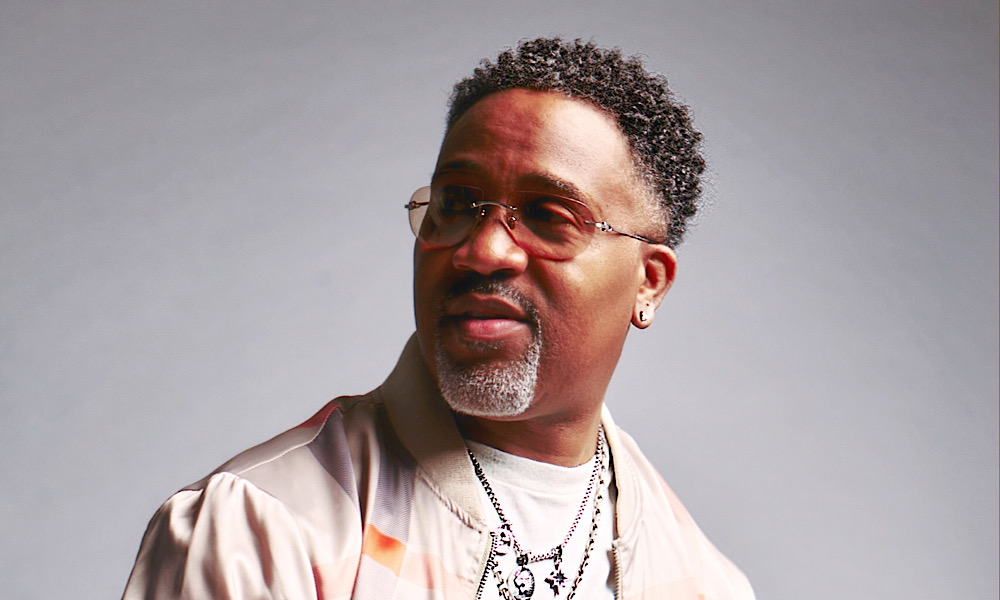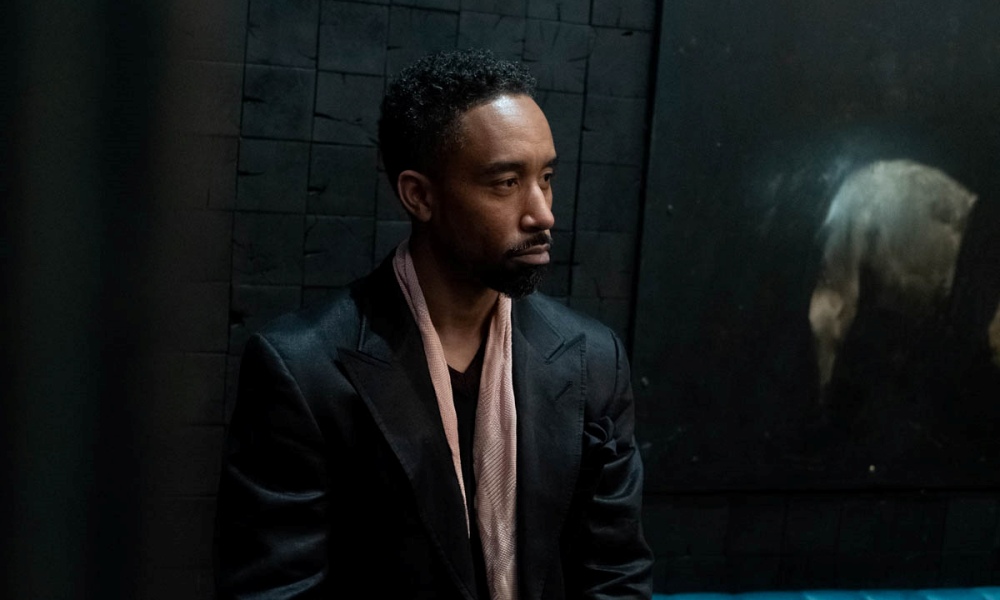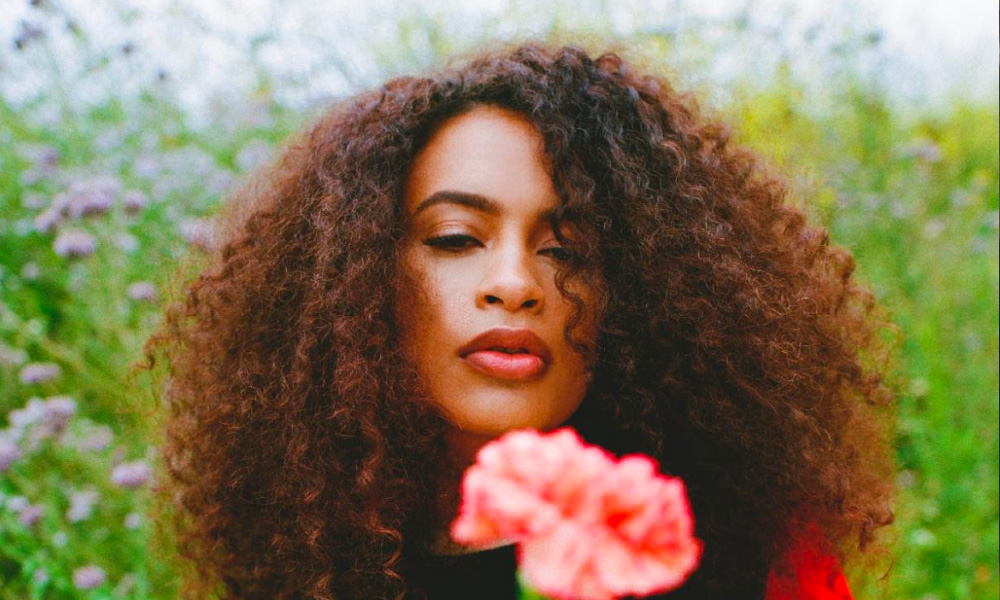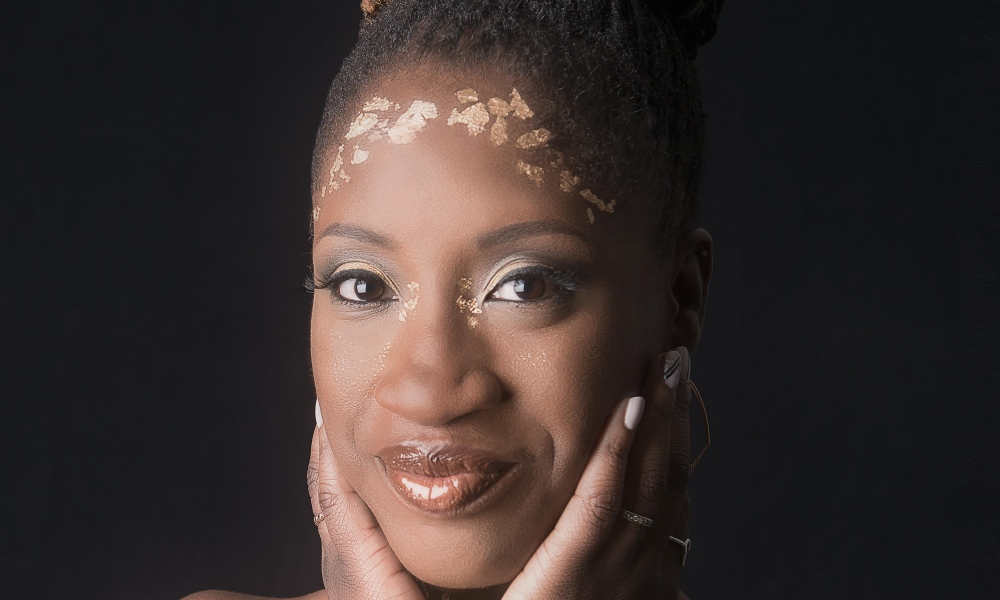The personality of big voiced-pianist Avery*Sunshine, from Chester, P.A., shines just like her name implies: a ray of cheerfulness. However, few people know Avery shines along with friend and guitarist, Dana Johnson, her longtime musical collaborator. Together, their chemistry is evident through their expressive interaction with one another, and translates through their real, uplifting tunes from their debut self-titled 2010 album and her sophomore follow-up The Sunroom, due out on May 27. The title allows for the LP's subject matter to freely wander, like afternoon thoughts that float through your psyche while lounging in a sunny chamber. This is Avery and Dana's active message to encourage free-spiritedness, free-will, and originality.
Between seemingly non-stop tour dates, the two musicians recently chatted with Singersroom about the new, sunny album, how they fuse Gospel and R&B, and they also dropped some knowledge on the secret to achieving success and happiness, among other many things.
Step into Avery and Dana's "Sunroom," then pre-order the LP above:
How did you go about choosing your very positive stage moniker Avery*Sunshine?
Avery: It wasn’t necessarily a mistake, but I was forced to make a decision while in the moment. Dana and I had worked on our first record, and the first song is called “Stalker.” One of Dana’s friends remixed the record and it was gonna be released on a label here in New York, King Street Records. And Dana said, ‘Listen, they wanna put your name in the credits, how do you want it listed?” And I said “I dunno, Avery Sunshine!” And when I tell you it came out just like that I don’t remember ever thinking about a stage name ever before that moment; they never even thought I was gonna be an artist. But I don’t remember and it stuck. And it’s interesting, a couple years ago, Dana and I was talking to our former partner, I said “Maybe I should change my name.” He was like, No, leave it alone!” So it was kind of an accident, but a good accident.
Many people don’t know you are somewhat of a duo. Dana “Big Dane” Johnson is your guitarist/collaborator. How did you guys come together?
Dana: So, we kinda knew each other in college, but then we ended up working at the same church, and at the time, Avery was part of a group with another talented young woman named Maiya Wilson, whom I was just texting as we speak. So we had worked on a duo project for some time, and Maiya got the opportunity to move to New York to be in Oprah Winfrey’s production of The Color Purple, which kind of put Avery at a crossroads in terms of what to do, so we just decided let’s just keep on working as a solo project, and we went back and forth as to what the project would be; would it be gospel, R&B? Eventually, we just decided just to make the music we like, write songs we like, and just be honest and make honest records we enjoy. That’s really how things got started. We partnered up with a couple different people, who were very helpful and put out the album in 2010, and that’s pretty much the gist of it.
How does gospel music play a part in your musicality?
Avery: I was writing about this the other day, and I was thinking about the relationship between gospel, and what I thought about was the first CD my parents bought was The Clark Sisters Live; the other CD they bought was Kenny G, and the sound…to go from tape to CD was magical. To hear anything on CD was nuts. The first thing I remember hearing were the Clark Sisters and remember thinking they figured out a way to make gospel music sound like R&B. I loved R&B, and church music too, because I was in church, but my experience with gospel music was the live experience in church. The recorded stuff I heard was never really good, from the AM stations or from the cassettes that were kinda warped. So to hear that fusion, this gospel music, and this R&B treatment, it was amazing to me. And when I think about how that’s affected me now, I’ve taken the sensibility of that and applied it to what we’re doing here; something about the inspirational music sounding like what we want it to sound like by taking the time to make it great, as Quincy Jones and Michael Jackson would, and in NO WAY am I comparing our work to Quincy and Michael, however, to hear the treatment of music that way, parts are being stacked and you hear the separation of instruments and things are popping out left and right, that fusion is something I really love, and in working with Dana, it just kind of came out that way. The other thing that comes to mind is the training I’ve received in church; I had no idea it would apply to this artistry. Being able to speak to a group of people at any given time; I never knew that would come in handy. I never realized I was doing it until I was well into being a musician for 31 years…that’s really funny; I feel old. I was playing piano when I was 8, started directing choirs and playing for church when I was 13 and I was forced to be the front person; if the soloist didn’t show up, I had to sing. I couldn’t think about being nervous, I just made it happen, had no idea how that was developing something in me, honing this gift.
You mentioned Michael Jackson and Quincy Jones, what’s the creation process in the studio between yourself and Dana, how do you bounce off one another?
Avery: Our friendship started the same way the music developed. Very easy to talk to, we laugh at the same things, we like a lot of the same food, and ironically, the music was the same way. Dana might play something on the guitar, and immediately my response would be a couple lines of a song. It’s natural; sometimes I play something and he’s inspired, sometimes I play stuff and he’s not inspired (laughs), but for the most party it feels really easy.
Dana: It’s a really organic process. I wish we could say we have some specific formula that makes what we do work; it’s very conversational. But the bottom line is we just do stuff that we like, do stuff that you like. Don’t try to make records that other people like. Hopefully, other people will like them, but we don’t start there. I always tell this story, for a time in college, I was a studio musician and you would walk in and producers would always say, ‘We gonna try this, do like this Pop thing, go Pop!’ and it’s like even before you start, you’re creating something that’s not authentic. We just make stuff we like; just makes it really easy. Maybe I wish I could find out exactly what people like and make music that way, maybe it would be easier, but we do what we like, and we like the same things, so it works.
Avery: Absolutely, and then I go in and I’d sing and let him engineer, and it just works.
After listening, the album oozes positivity wrapped in downhome, jazzy soul. How would you define the concept behind The Sunroom?
Avery: I think we may have been 3 or 4 songs in and we knew then we weren’t gonna be like ‘Ok so this album’s just gonna be about curtains, everything’s’ gonna be about curtains.’ No cause I might wanna write about giraffes, and it feels like I might wanna write about a cheeseburger.’ So rather than do that to ourselves, let’s call it something that would describe this thing in its totality. It’s a space where we can talk about whatever we want to. We didn’t want to be too specific, so it left some room to do what we wanted. Wouldn’t you say, Dana?
Dana: Absolutely! Actually, I think the name of the album came much like your name did. It just made sense, and part of the reason is the last studio we had, we had a friend of ours come and decorate it and he said, you have to have a name for the studio,” and we were thinking ‘what are we gonna call it?’ and we said The Sunroom, so we said, wow, that’s the name of the album.
Avery: You said that, or I said that?
Dana: Maybe you did, I don’t know. SOMEBODY in that room said that was the name of the album and then someone concurred. I don’t even remember.
Avery: (Laughs) Ok I was just making sure. You see what I’m talkin about? (laughs) but no, it was rather divine how it happened.
You say that this album allows others to recognize their unique talents/gifts. How does The Sunroom do that?
Dana: In particular, there’s a song on the record called “I’ll See You When I Get There” in which the sentiment behind the song is the fact there’s so much that tells us what you’re supposed to do. You’re supposed to color inside the lines, you’re supposed to go to college, and you go get a job and you sit in a cubicle, and that’s cool for some people, but for some people it’s not. And I think that God or the universe puts a gift inside all of us and it’s our job to figure out what that gift is, and trust God that that gift will give you enough to have somewhere to live and food to eat. It’s great to have more, but if we focus more on finding your gift and your purpose, “I’ll see you when I get there,” you’ll end up being exactly where you’re supposed to be. But many of us, myself included, don’t always listen to that. That comment had to do mostly with that and just the realization within ourselves that has gotten us to this point, and what all of our work is about.
Avery: And we hope that in writing the songs that have no cohesive concept, that in encouraging people, if you feel like vacillating, vacillate! I’m saying a lot here, but somebody said something about the layout of the record, they were like ‘uuuhh, I don’t know if that’s really…’ But you now what? I don’t care, it’s my record, this is what we want to put on it. That’s it! Don’t worry about what people are going to say, so we hope that empowers people to do what you wanna do, stand strong in their belief in the gifts that God has given them and know that they’re just as important as all of our different fingerprints. I try to remember this: it seems like the world turns a little easier when everybody is shining the way they’re supposed to shine, because essentially, everybody ends up happier if they’re doing what they’re supposed to do! Like my mother said, my birth name is Denise, she goes “Denise, there’s 12 months in a year: six months for me to mind my own business, and six months to stay out of yours.” I was like that’s funny, but I get it, I need to focus on me. Focus on you.
Being that you two both play musical instruments, which famous musicians have you learned from?
Dana: But you play like you!
Avery: Aaye! Give me five on that! But I’ll go ahead let Dana talk.
Dana: Wow, there’s so many, but I will say, maybe cause you mentioned them earlier, Quincy Jones, and not for the obvious reasons, his music is amazing, I think he’s made some of the most perfect music there is, but then you read his autobiography, he came from absolutely nothing, literally eating rats for dinner, to being one of the most prolific, most significant, multi-genre producers in history. And I would say Quincy Jones, cause I think he went with his gift in the face of maybe better logic than everything else.
How do you find the time to record an album, tour, and be the choir director for Ebenezer Baptist Church?
Avery: We don’t find the time, we had to just stop our lives and record the album. We were fortunate to be able to tour. We ended up in Dubai in January, we just got back from Holland yesterday. So, gosh, I don’t know how we do it.
Dana: It’s not hard, it’s not like a job or it’s not difficult, because we love what we do.
Avery: We asked for it. The hardest part is being away from the kids.
